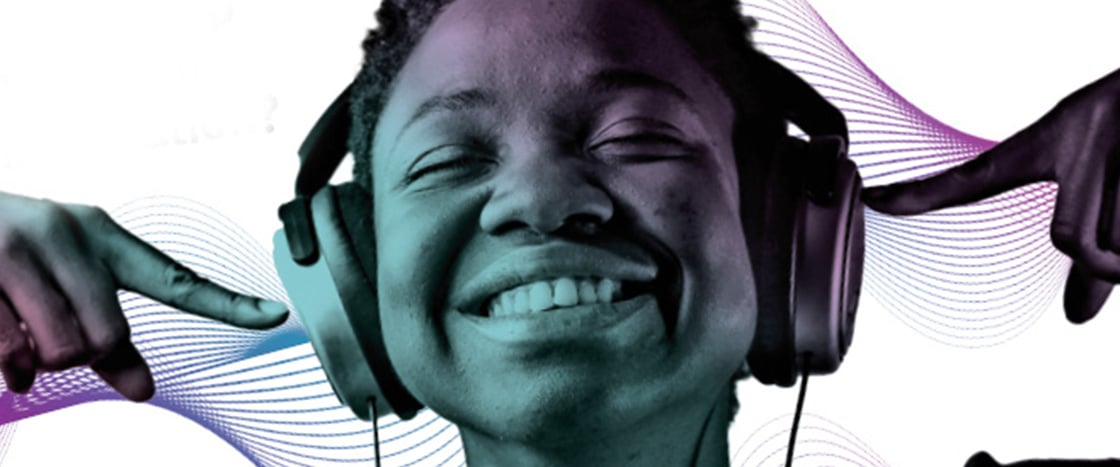Gonzalez asked 150 people to do activities. Most of them worked while listening to music that had instruments but no singing. Of these people, some listened to music with two instruments. Others listened to more complex music that had four instruments (see Mapping Music, below). A control group worked in silence.
“We had people work on two tasks, an easy one and a difficult one,” says Gonzalez. First, they crossed off words with the letter A in a list. That was the easy task. For the harder task, people viewed pairs of words. Then the people had to remember which words went together.
Gonzalez compared the groups. The group that worked in silence and while listening to simple music did about the same for the easy task. But the group that listened to complex music had a higher overall score. Why? The mind can wander during easy or boring activities. Complex music could keep the brain focused, says Gonzalez.
The harder test involving memory had different results. The group working in silence did better than the two groups that listened to music. “For our challenging task, any music pulled people’s attention away,” says Gonzalez.

